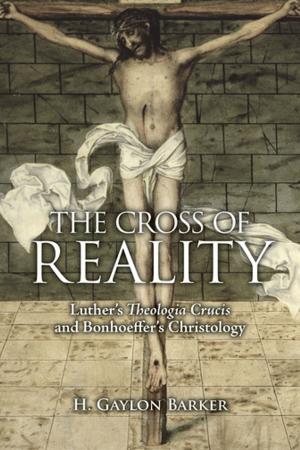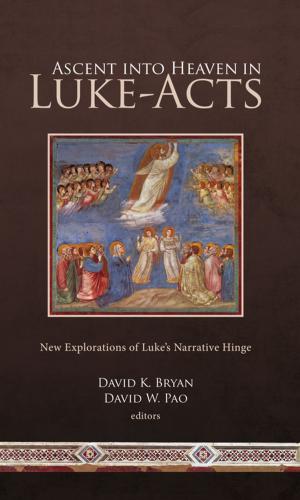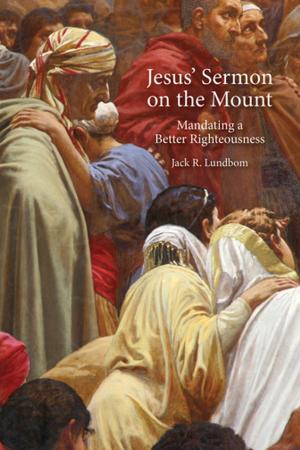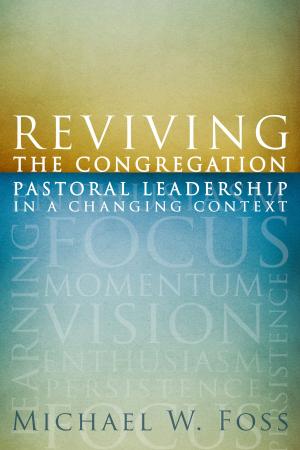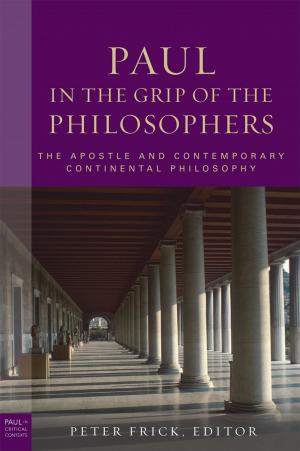Consider Leviathan
Narratives of Nature and the Self in Job
Nonfiction, Religion & Spirituality, Bible & Bible Studies, Old Testament, Meditations| Author: | Brian R. Doak | ISBN: | 9781451489514 |
| Publisher: | Fortress Press | Publication: | November 1, 2014 |
| Imprint: | Fortress Press | Language: | English |
| Author: | Brian R. Doak |
| ISBN: | 9781451489514 |
| Publisher: | Fortress Press |
| Publication: | November 1, 2014 |
| Imprint: | Fortress Press |
| Language: | English |
Theologians and philosophers are turning again to questions of the meaning, or non-meaning, of the natural world for human self-understanding. Brian R. Doak observes that the book of Job, more than any other book in the Bible, uses metaphors drawn from the natural world, especially of plants and animals, as raw material for thinking about human suffering. Doak argues that Job should be viewed as an anthropological “ground zero” for the traumatic definition of the post-exilic human self in ancient Israel. Furthermore, the battered shape of the Joban experience should provide a starting point for reconfiguring our thinking about “natural theology” as a category of intellectual history in the ancient world. Doak examines how the development of the human subject is portrayed in the biblical text in either radical continuity or discontinuity with plants and animals. Consider Leviathan explores the text at the intersection of anthropology, theology, and ecology, opening up new possibilities for charting the view of nature in the Hebrew Bible.
Theologians and philosophers are turning again to questions of the meaning, or non-meaning, of the natural world for human self-understanding. Brian R. Doak observes that the book of Job, more than any other book in the Bible, uses metaphors drawn from the natural world, especially of plants and animals, as raw material for thinking about human suffering. Doak argues that Job should be viewed as an anthropological “ground zero” for the traumatic definition of the post-exilic human self in ancient Israel. Furthermore, the battered shape of the Joban experience should provide a starting point for reconfiguring our thinking about “natural theology” as a category of intellectual history in the ancient world. Doak examines how the development of the human subject is portrayed in the biblical text in either radical continuity or discontinuity with plants and animals. Consider Leviathan explores the text at the intersection of anthropology, theology, and ecology, opening up new possibilities for charting the view of nature in the Hebrew Bible.




